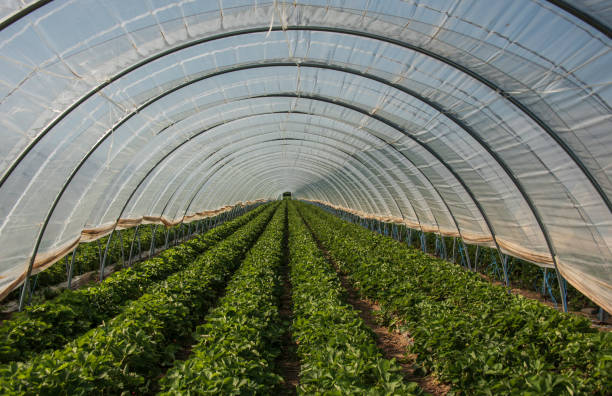Mbabane, Eswatini – Eswatini, with support from the United Nations’ Food and Agriculture Organization (FAO), is scaling up climate-smart agriculture to protect its food supply from increasingly erratic weather patterns. The country is deploying greenhouse tunnels and shade nets to shield crops from extreme heat, droughts, and hailstorms.
The initiative comes as Eswatini grapples with the fallout from the 2024–2025 El Niño event, which has seen rainfall drop by roughly 23% and hailstorm frequency surge by 300%. These changes are putting a strain on the nation’s agricultural sector, a key pillar of its economy.
As of mid-2025, the program has established 11 greenhouse tunnels and 32 shade net structures. These technologies are proving effective, helping farmers reduce water usage by up to 40% and stabilize crop yields. This approach is providing much-needed resilience against the financial shocks of crop failure.
“Technical solutions combined with policy alignment and youth involvement are proving critical to building agricultural resilience,” said Sibusiso Mondlane, Senior Programme Officer at FAO in Eswatini. “Eswatini’s experience illustrates how protected cultivation systems can mitigate climate risk and enhance local production capacity.”
The program isn’t just about infrastructure; it also focuses on empowering farmers. Around 700 farmers, 60% of whom are women, have received training in these new farming methods. The FAO’s Technical Cooperation Programme has specifically funded eight greenhouses for youth-led groups, aiming to integrate younger generations into the agricultural workforce.
Eswatini is also leveraging this initiative to pilot agro-industrial hubs, with a focus on high-value products like horticulture and apiculture. This integrated approach is not only strengthening the country’s food security but also serving as a model for other Southern African nations facing similar climate-related challenges. Sources




